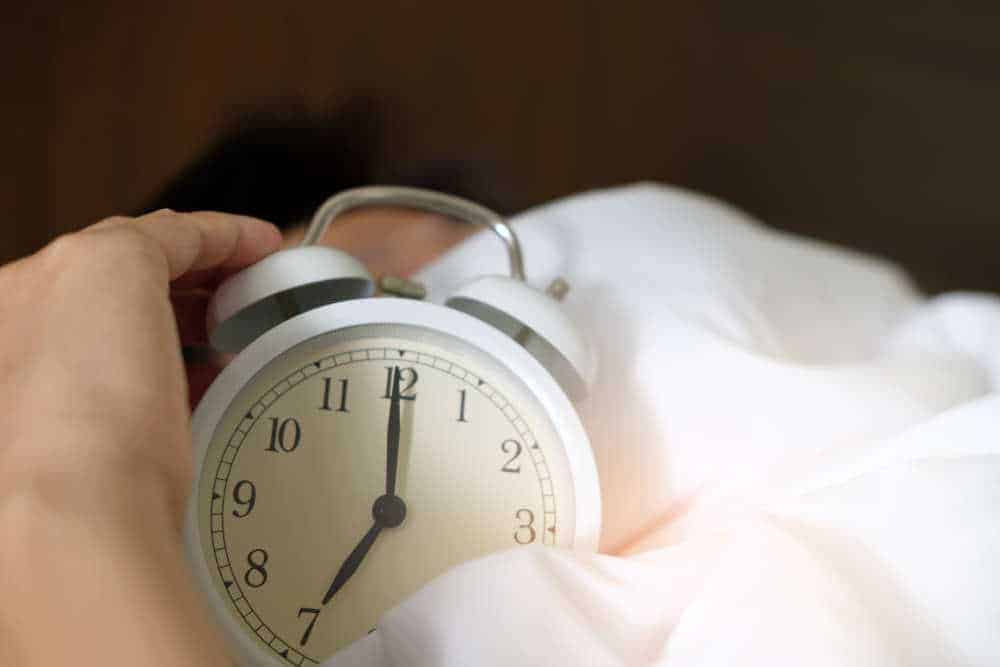There was a time when we were obsessed with getting as little sleep as possible.
We’d brag with “I only slept five hours last night” or “I only got four hours on Monday” like it was something to be proud of: a genuine achievement we could boast about to our peers. We’d wear it as proudly as any other badge of honor.
Luckily for our collective sanity, we are slowly starting to realize the importance of sleep. Not only that, but we’re also shifting our focus to living a balanced life, as opposed to killing ourselves on the job and sacrificing as much as we humanly can. Finally, we’re putting our wellbeing if not first, at least in the top three.
Let’s explore why sleep is so intricately tied to success, and how you can work on yours.
Sleep Lowers the Risk of Heart Disease
Not that bouncing back from a heart attack wouldn’t be a great achievement – but clearly, forgoing the emergency room is simply common sense.
A major risk factor of heart disease and stroke is high blood pressure. Sleep helps our bodies keep it in check and regulate it better, lowering the risk of heart disease and its unpleasant complications.
Sleep Boosts Your Immune System
Getting enough sleep is a prerequisite to fighting off all kinds of illnesses, from the common cold to major inflammations and more serious diseases.
When our bodies are under constant strain, they will not be as good at preventing diseases and injuries as they otherwise would. Each night, we have to give them the time they need to repair and recover from what we have inflicted on them during the day.
Considering the fact that illness-related productivity drops have cost US businesses $530 billion a couple of years ago, the link between health, productivity, and success are clear to see.
Sleep and Mental Health are Profoundly Connected
Depression and anxiety are more prevalent today than ever before in the history of humankind. And while we have yet to understand either of these mental challenges fully, what we do know is that not getting enough sleep can intensify their symptoms and make coping all that more difficult.
When we are under constant stress (as we are), exposed to countless stimuli, and when our minds don’t have enough time to process everything that’s going on around them, we start to get more irritable, we lose our focus, and our moods tend to suffer.
Sleep Boosts Productivity
How much sleep you get is in direct proportion with how productive and focused you can be during the day.
Of course, it’s not the only factor that plays a key role, but it is among the more important ones.
Losing just a single night’s sleep will make your response rates 50% lower than someone who has a 0.1% blood alcohol level.
And thus begins a vicious circle. If you are less productive, you’ll want to make up for the unfinished tasks by staying at work longer. That will, in turn, mean you don’t get enough sleep again, and so on.
This will lead to all kinds of unpleasant consequences. Your mood will deteriorate, you will begin to worry more, your attention spans will shorten, and you won’t be able to rest even when you do get to bed.
What Can You Do to Improve Your Sleep?
Sleeping well is not just about sleeping for a certain number of hours. Sleep quality is also very important, as our brains truly get to rest only when we fall into deep sleep.
Here’s what you can do to help it get there:
- Invest in a quality mattress that will help your body rest better.
- Maintain a sleep schedule. Regardless of what day of the week dit is, sleep at the same time and wake up at the same time.
- Stop looking at a screen (including your phone) at least an hour before going to bed.
- Read a book or meditate before going to bed, as opposed to engaging with technology.
- Keep your bedroom cool and well-aired at all times, as temperatures and air quality have a large influence on how you sleep.
- Don’t drink caffeine or alcohol before going to bed if you can help it.
- Listen to relaxing music or sleep stories if you need help falling asleep.
While it may take some time to get used to, practicing good sleep hygiene will slowly get you into the right rhythm, and you will fall asleep more easily.
Wrap Up
Instead of trying to do more and sleep less, focus on getting enough sleep so that you will be able to do more. A well-rested and relaxed mind will be much better at performing all kinds of tasks. It will be more creative, more productive, and a much more pleasant space to occupy.

